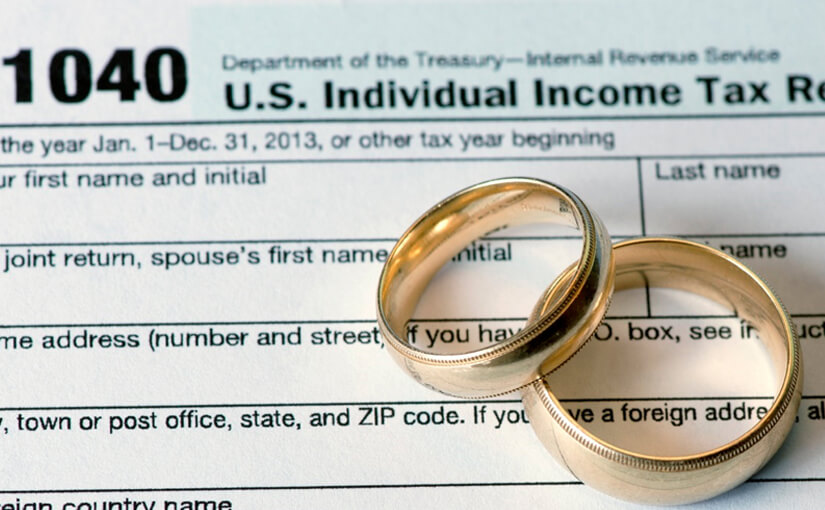- April 15
The last day to send in your federal income tax to the Internal Revenue Service is April 15 of each year.
The Constitution gave the federal government the power to collect taxes.
The federal government needs money to pay the nation’s debts and to defend and provide for the needs of the country. When the country was young, it was difficult to raise money from the 13 original states.
The government began collecting income tax for the first time through the Revenue Act of 1861. This was only temporary. In 1894, a flat-rate federal income tax was enacted, but the Supreme Court said this was unconstitutional.
Finally, in 1913, the 16th Amendment was ratified. It gave Congress the power to collect income taxes. Today, “taxable income” is money that is earned from wages, self-employment, tips, and the sale of property.
The government uses these taxes to keep our country safe and secure. It also tries to cure and prevent diseases through research. In addition, the government uses these taxes to educate children and adults, and build and repair our roads and highways. Taxes are used to do these things and many more.
* If you are 65 or older and have been a permanent resident of the United States for 20 or more years, you may study just the questions marked with an asterisk.
** As you prepare for U.S. citizenship, Learn About the United States: Quick Civics Lessons will help you study for the civics and English portions of the naturalization interview. There are 100 civics (history and government) questions on the naturalization test. During your naturalization interview, you will be asked up to 10 questions from the list of 100 questions. You must answer correctly six (6) of the 10 questions to pass the civics test.


